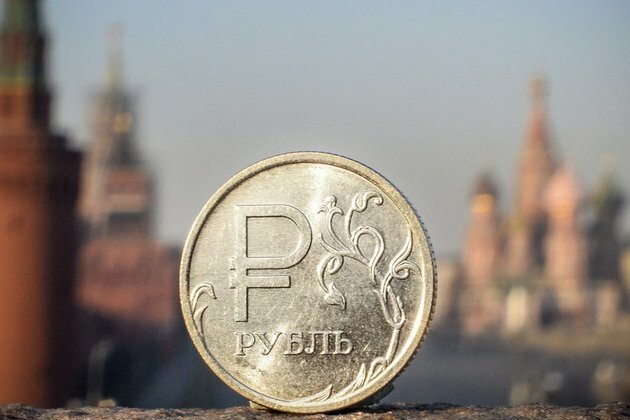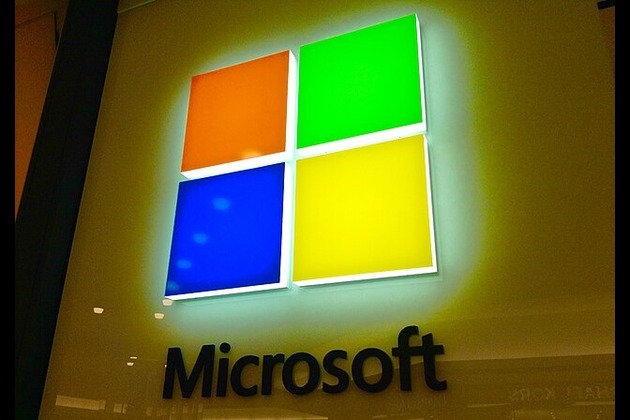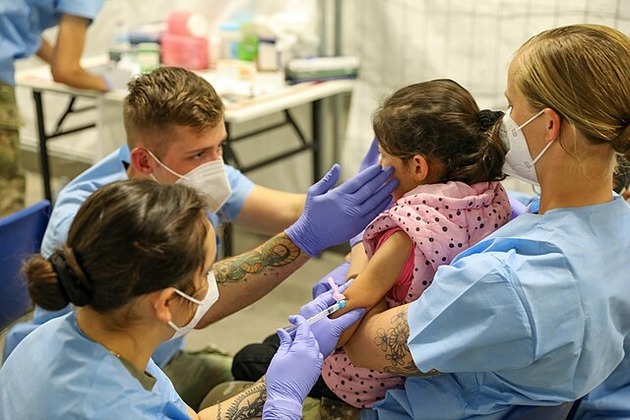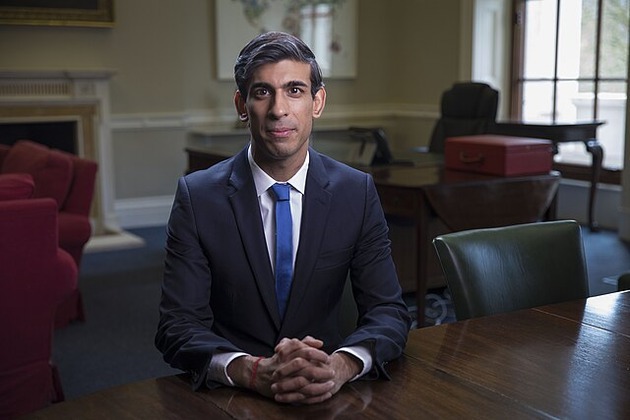Russia at odds over strong ruble
RT.com
29 Jun 2022, 18:43 GMT+10

The government has been debating whether the trend is good or bad for the economy
The Russian government is split on how to handle the strengthening ruble, with the Central Bank and Finance Ministry voicing opposing views on whether the current exchange rates should be maintained.
Since its historic drop in early March when the Western sanctions were unleashed, the ruble has rallied to a seven-year high against the US dollar and the euro. The Russian currency has been bolstered by strict capital controls, soaring energy prices, and the shift to ruble payments for natural gas. However, this has led many experts and officials to wonder whether the government should intervene.
The head of Russia's Central bank, Elvira Nabiullina, who steered the economy through the fallout from the start of the conflict in Ukraine and the resulting sanctions, warned on Wednesday against weakening the ruble to pre-war levels. Any intervention would make the exchange rates artificial, lead to depreciation, and make Russia more dependent on the financial policies of other countries, she said.
At the same time, the Finance Ministry has been sounding the alarm over the exchange rate, warning that the strengthening ruble is harming the economy. Finance Minister Anton Siluanov said on Wednesday that the strong ruble is costing the Russian budget trillions, and the ministry is ready to take steps to weaken it. He suggested that the government could use the profits from oil and gas exports and savings made from reduced spending to buy foreign currency, adding that Russia could invest in the currencies of "friendly nations," now that the euro and the dollar are essentially "toxic" due to the sanctions.
The Economic Development Ministry holds a similar view, saying that the strong ruble makes export-oriented businesses unprofitable. However, according to the minister, Maxim Reshetnikov, buying foreign currency with budget savings would hit the economy hard.
Western currency strategists have been skeptical about the rallying ruble, claiming it is being kept artificially high by the government, while the economy is shrinking. Over the past few weeks, the Central Bank has relaxed some of the capital control measures to try and weaken the ruble, but it continues to get stronger. Last month, Bloomberg called the ruble the world's best-performing currency this year.
For more stories on economy & finance visit RT's business section
(RT.com)
 Share
Share
 Tweet
Tweet
 Share
Share
 Flip
Flip
 Email
Email
Watch latest videos
Subscribe and Follow
Get a daily dose of North Carolina Daily news through our daily email, its complimentary and keeps you fully up to date with world and business news as well.
News RELEASES
Publish news of your business, community or sports group, personnel appointments, major event and more by submitting a news release to North Carolina Daily.
More InformationUS
SectionAI saves $500 million for Microsoft as layoffs reshape strategy
REDMOND, Washington: Artificial intelligence is transforming Microsoft's bottom line. The company saved over US$500 million last year...
CDC: US records 1,288 measles cases, most since 1992 outbreak
ATLANTA, Georgia: The United States is facing its worst measles outbreak in more than three decades, with 1,288 confirmed cases so...
FTC’s rule to ease subscription cancellations struck down by court
WASHINGTON, D.C.: A federal rule designed to make it easier for Americans to cancel subscriptions has been blocked by a U.S. appeals...
Ex-UK PM Sunak takes advisory role at Goldman Sachs
NEW YORK CITY, New York: Former British prime minister Rishi Sunak will return to Goldman Sachs in an advisory role, the Wall Street...
Travelers can now keep shoes on at TSA checkpoints
WASHINGTON, D.C.: Travelers at U.S. airports will no longer need to remove their shoes during security screenings, Department of Homeland...
Gold ETF inflows hit 5-year high as tariffs drive safe-haven bets
LONDON, U.K.: Physically backed gold exchange-traded funds recorded their most significant semi-annual inflow since the first half...







